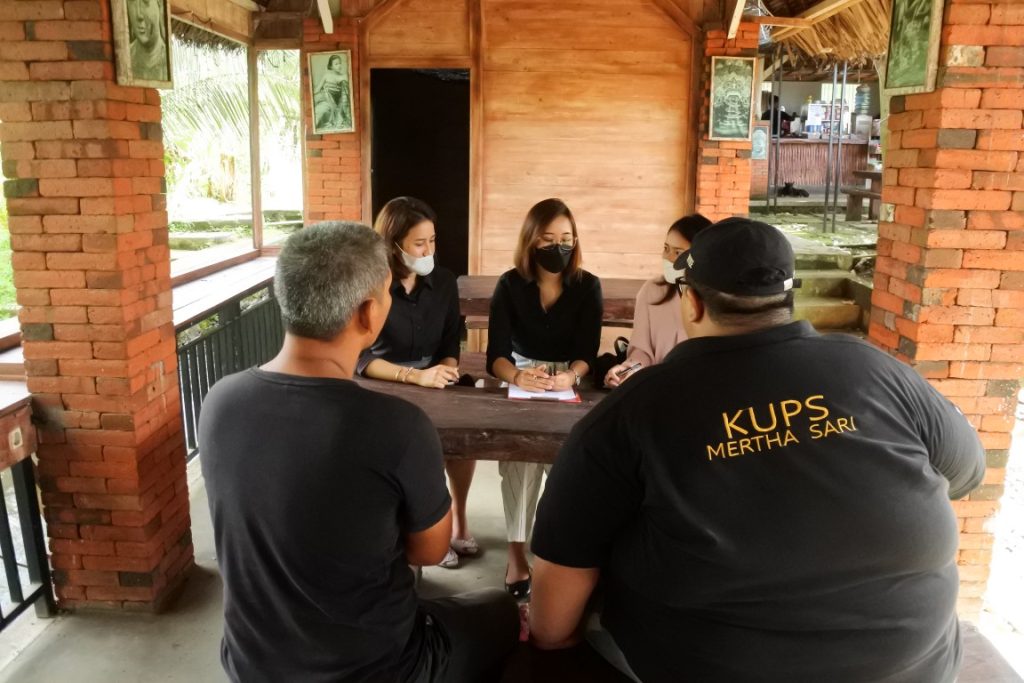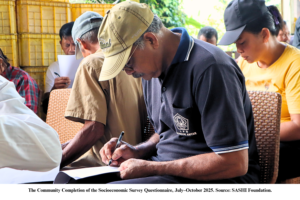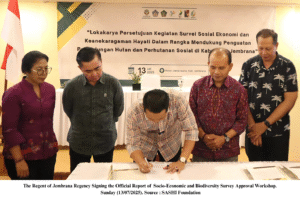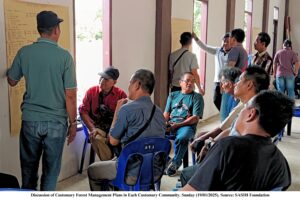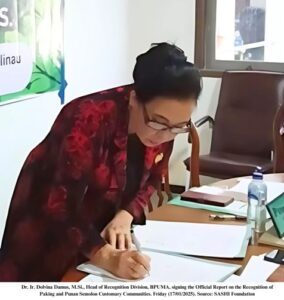In order to improve social forestry management in achieving community resilience to climate change, SASHI in collaboration with the Samdhana Institute conducted a study to determine the impact of social forestry schemes in Bali Province on reforestation and community resilience in facing climate change, as well as optimizing the environment and socio-economic benefits of forestry permit holders social. This information will be used to identify and plan needed support and to develop tools to monitor resilience, particularly from a gender and social inclusion perspective.
Social forestry is a forest management system implemented by local communities in state forest areas or private/customary forest areas. Social forestry was formed to encourage people to conserve and utilize forest areas. Through social forestry, communities can improve their welfare and preserve forests. Social forestry schemes include village forests, community forests, partnership forests, customary forests and community plantation forests.
Currently, the number of social forestries in Bali is around 120 which have received permits and are registered. Bali Province’s social forestry has an area of 21,671.1 ha. Social forestry locations are spread throughout Bali.
SASHI realizes that the social forestry management community knows and understands enough about gender equality and social inclusion, but there is no in-depth understanding, which results in the need for awareness of Gender Equality, Disability and Social Inclusion/GEDSI in fighting for equity and equality. welfare for all levels of society, especially vulnerable and marginalized groups.
